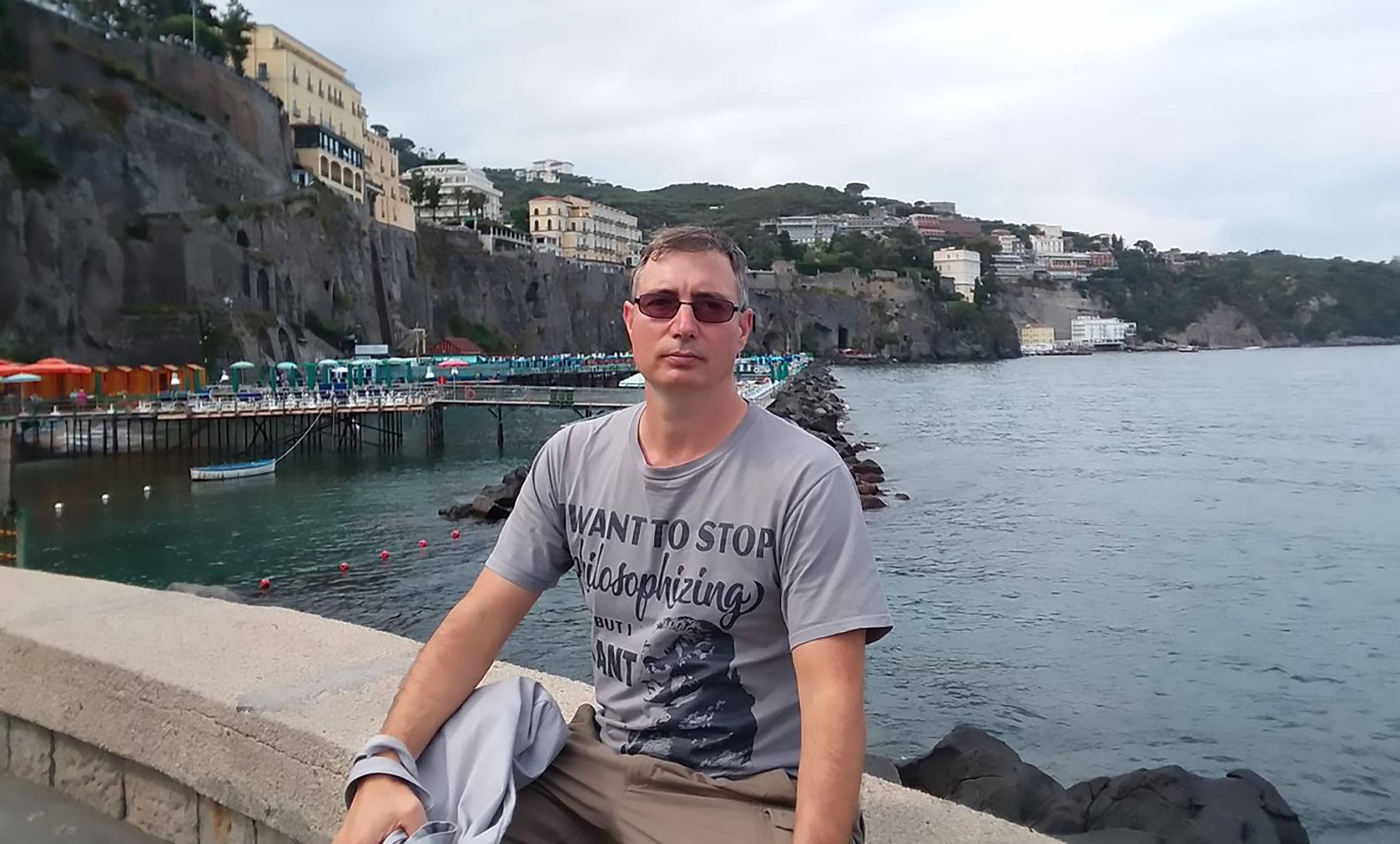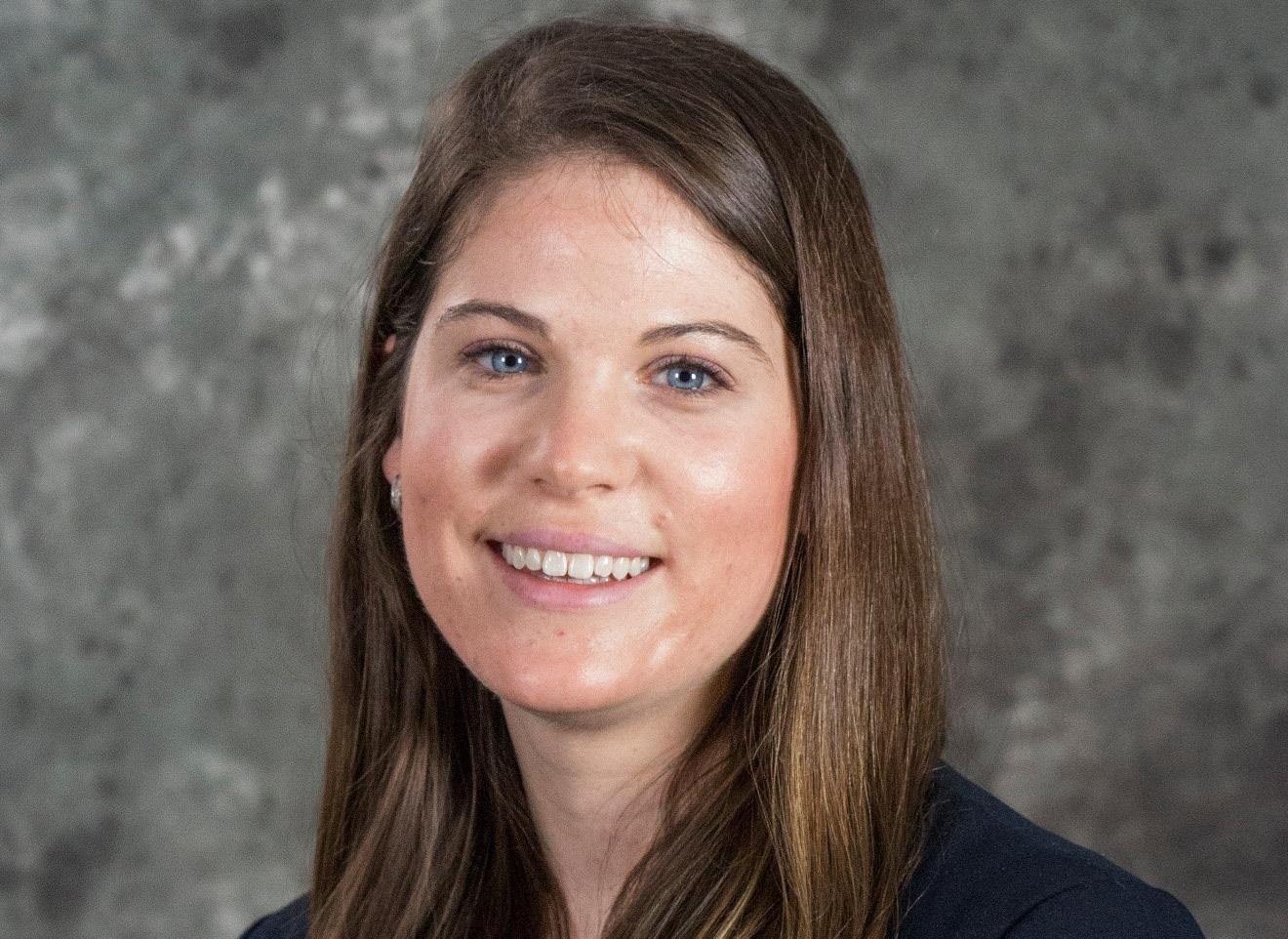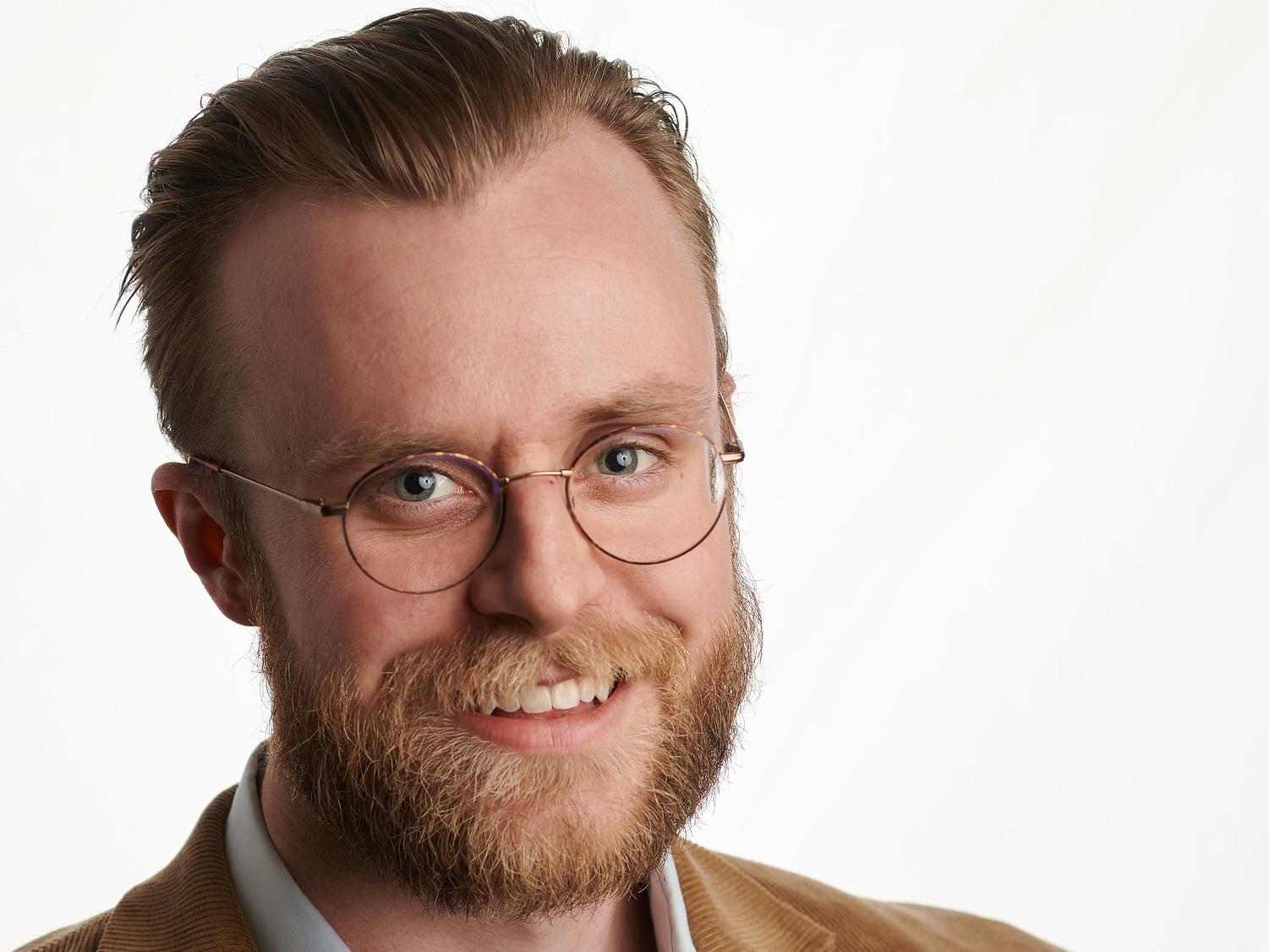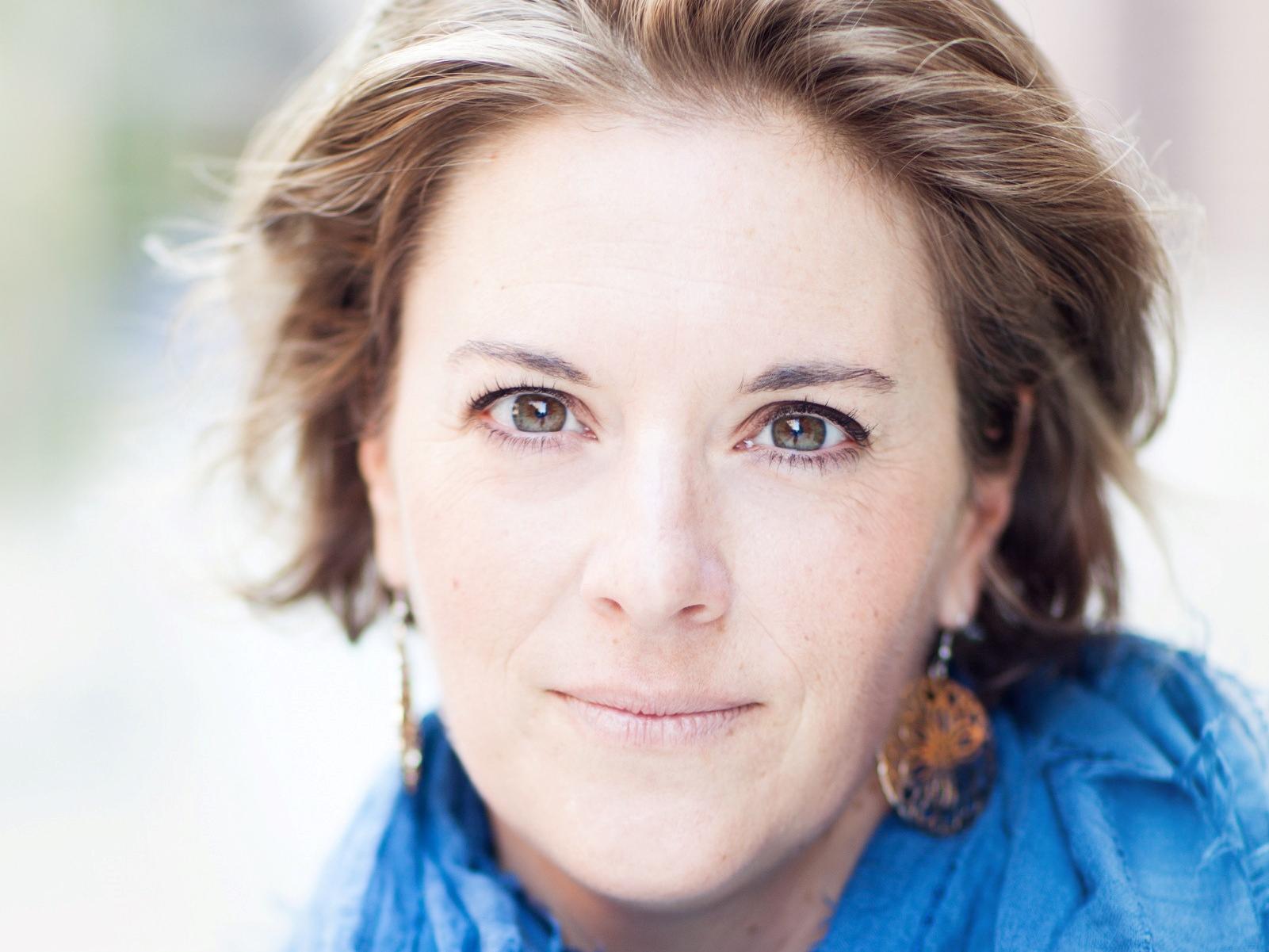
Jason Howard’s journey to Viterbo was a long and winding route. He started at Viterbo in 2004, having never set foot in Wisconsin or much of the midwestern U.S.
After growing up in Windsor, Canada, Jason left in 1995 to teach English overseas in Seoul, South Korea (where he also met his wife), and then moved to Belgium to pursue his PhD in philosophy from the Katholieke Universiteit in Leuven.
He has served on several key committees during his time at Viterbo (promotion and tenure, faculty concerns, curriculum committee, chair of the VUSM 400 committee, and countless task forces). He has won both the Alex Chiu Award and Teacher of the Year.
In addition to being a dedicated educator, he is also a prolific scholar, publishing two books (with a third in 2023) and numerous articles.
How (and/or why) did you come to be at Viterbo?
In all honesty, my ending up at Viterbo was really a combination of luck and coincidence. I had applied to countless jobs throughout North America, but I remember getting a phone call late one afternoon from Earl Madary (R.I.P.) asking if I was interested in the job.
I had a refreshing conversation with Earl and shortly afterwards flew to La Crosse to interview. The hospitality Earl and Father Tom O’Neill (R.I.P.) showed me during my visit, along with other members of the religious studies department, made me want to join the faculty. It was authentic and inspiring and made me feel like coming here was more than just filling a position but uplifting a tradition.
What do you love most about teaching at Viterbo?
Teaching philosophy to undergraduates is not an easy job. Few of the students have ever had philosophy before and many of them are suspicious about how it might be of value. That said, I love the challenge of trying to show students that philosophy arguably has more to offer them, personally and existentially, than any course they’ve ever taken.
Few subjects try to directly empower students to participate more fully in their own lives and decisions (as opposed to learning a specific employable skill or knowledge set). As Socrates said over 2,000 years ago, “The unexamined life is not worth living.”
What inspires you?
Many things continue to inspire me. Looking around at the polarization we witness today and the lack of constructive civil disagreement and dialogue, I am more convinced than ever that philosophy has an indispensable role to play in shaping a more thoughtful, responsible, and forgiving citizenry.
So, I am inspired by the promise of philosophy, despite the languid reception it continues to receive among the public. I am also inspired by our students—by the fact many of them can see through the simplistic caricature of the world presented to them by those in power and want something different, more meaningful, for themselves.
What advice would you give to students regarding heading out into “the real world”?
I think philosophy has tons of useful advice for students as they transition into the rest of their lives, but I’ll keep it brief.
First, one of the most important things students need to realize is the “real” value of money. Obviously, everyone wants to make a decent living and be able to afford things, but the pursuit of money for its own sake and the mindless consumerism it embellishes is no good for anyone, despite the mantra of unbridled capitalism we so often hear in this country.
Second, the real coin of the realm is personal integrity. There are many forces that conspire to trivialize our aspirations and compromise our sense of responsibility. No amount of compensation can make up for the moral injury we inflict on ourselves or the silent betrayals we enact in order to fit in.
Do you have a little-known fun fact about yourself that would surprise students?
My first real aspiration as a teenager, something I dedicated hours to getting better at, was break-dancing. I was never good at academics in high school, and my first real passion was learning how to do the windmill, moonwalk, and spin on my hand. Not much occasion for these skills anymore, but years back I did do a demo for a few classes.
What do others say about you?
In just about every class that I’ve taught over the past 18 years, I have had at least one student share what a difference my class has made to them. I have read from numerous students, on evals or added to exams, that “your class is one of the best I’ve taken at Viterbo” or “I’ll never look at the ‘law’ or ‘ethics’ or ‘science’ or ‘education’ or ‘capitalism,’ the same way again,” or “This is what the liberal arts is all about!”
Similarly, I feel most colleagues have positive things to say about me. I may not agree with all of Viterbo’s policies or internal decisions, but I think most recognize my efforts are designed to improve our institution and the educational experience of our students. The best thing about Viterbo is the people. I continue to feel valued for my efforts by those who matter most to me, students and faculty.




